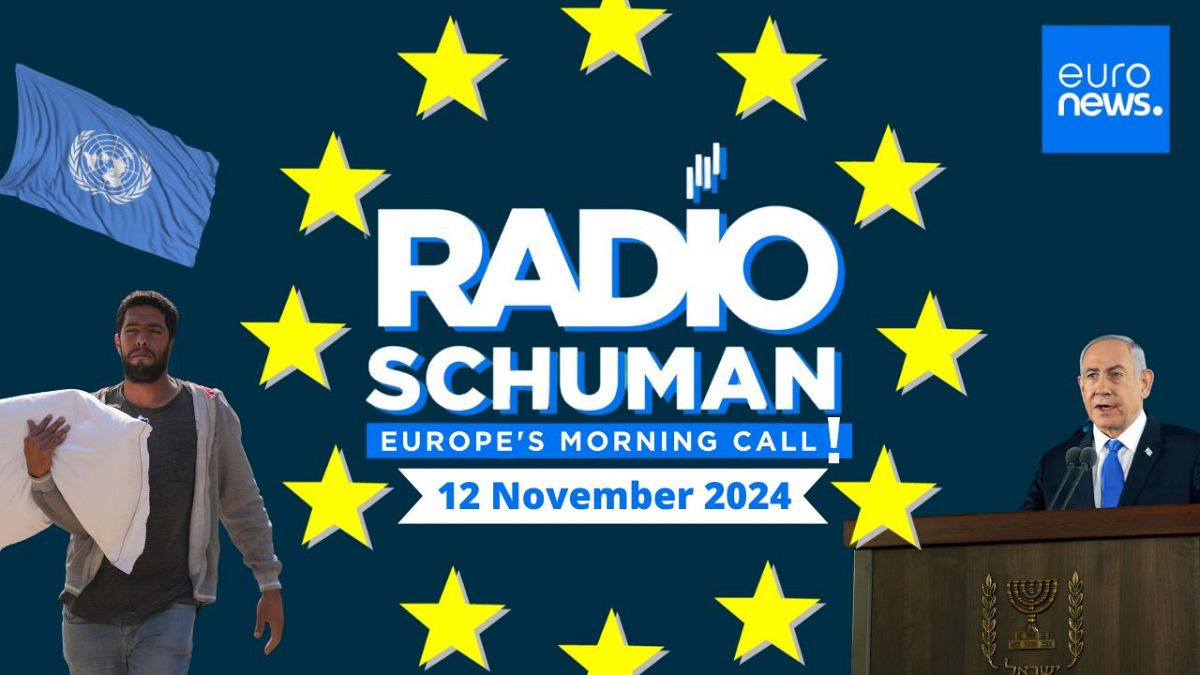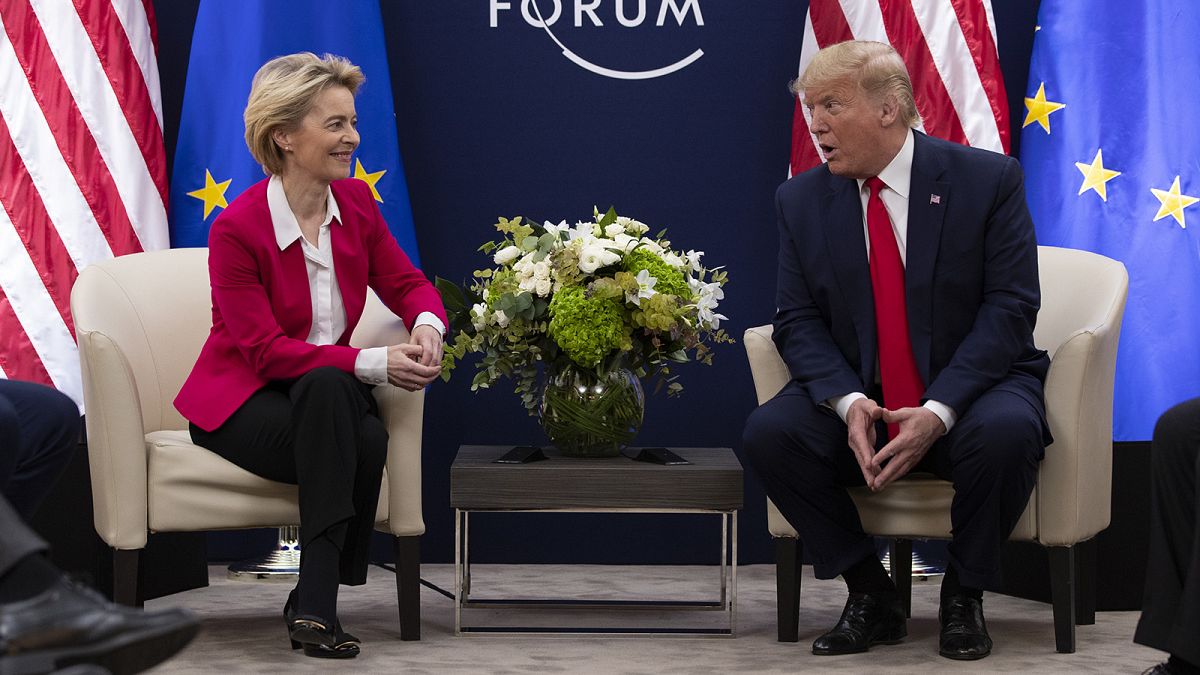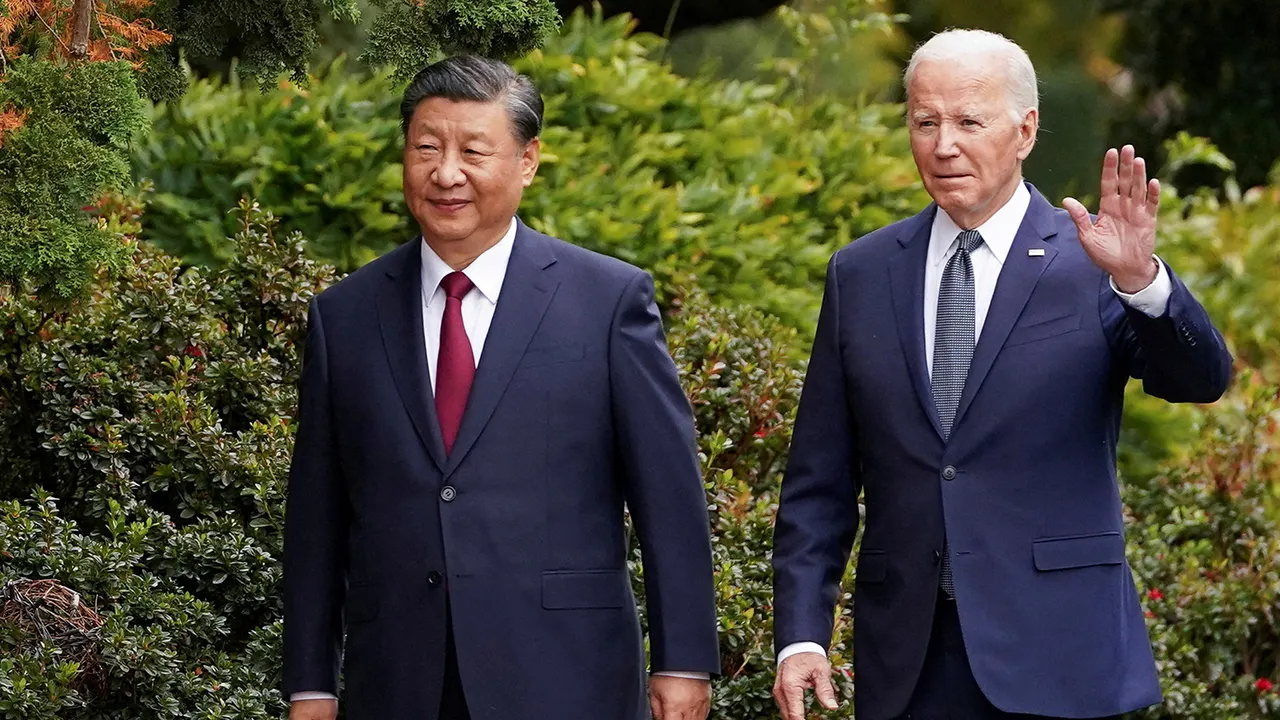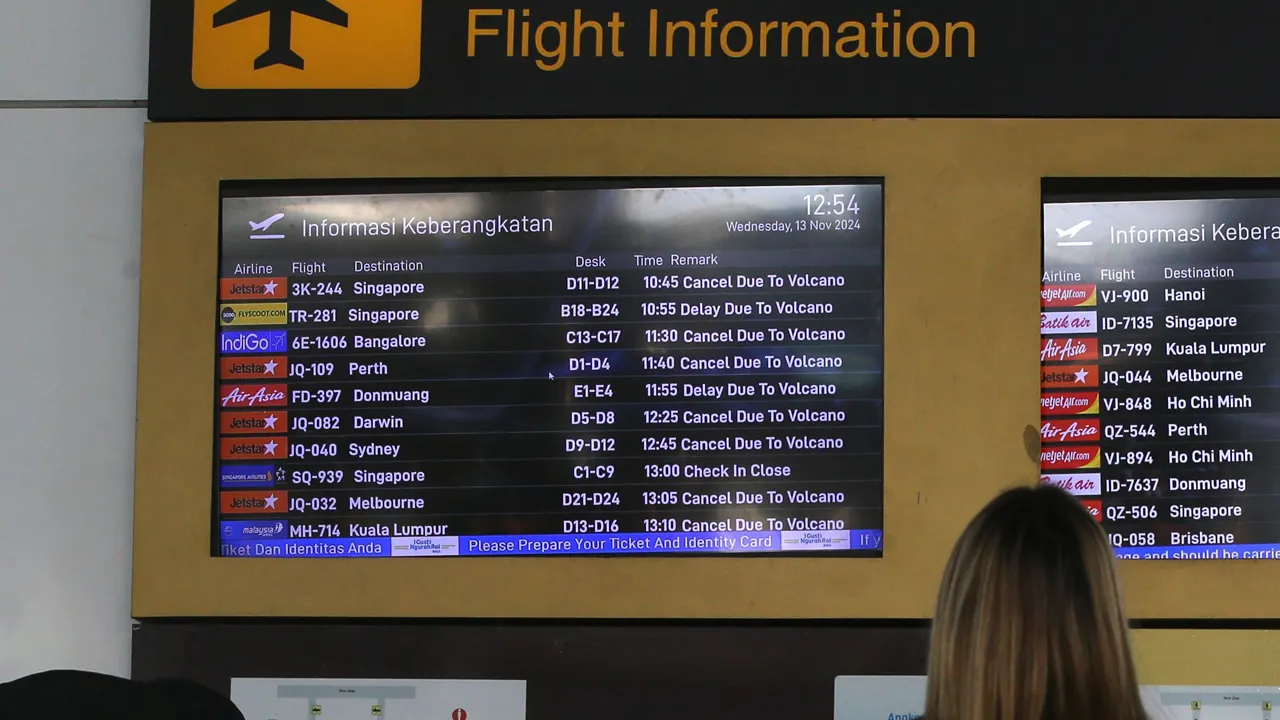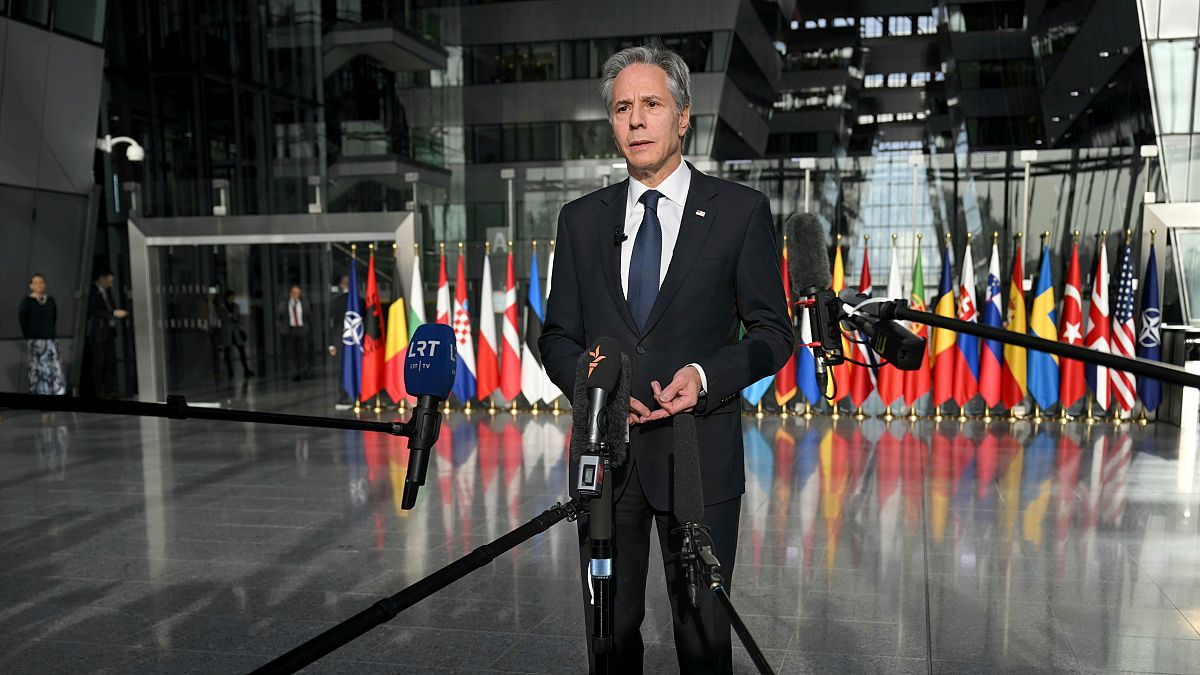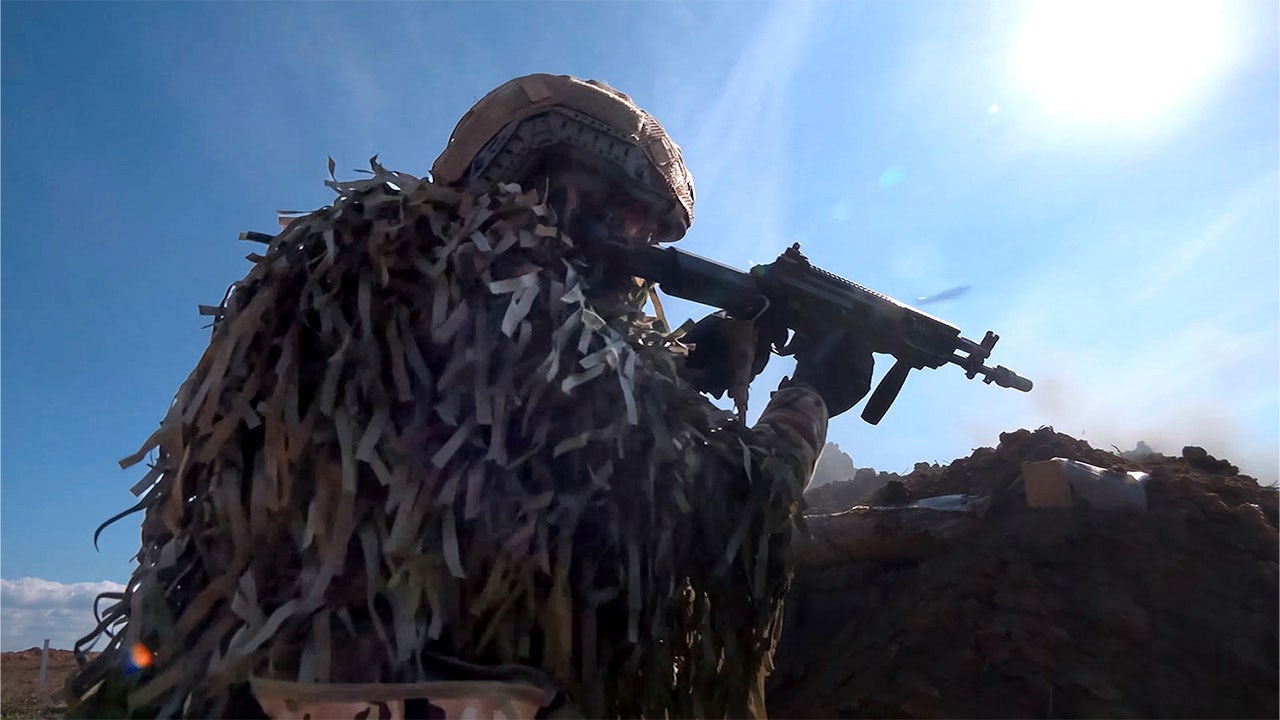Israel is set to ban the United Nations Relief and Works Agency for Palestine Refugees in the Near East, known as UNRWA, raising concerns over supply of humanitarian aid to Gaza.
Will UNRWA, which has provided emergency, education services and healthcare to millions of Palestinian refugees since 1949 survive the conflict in Gaza? The answer is not clear. Since the October 7 attack launched by Hamas against Israel, the UN agency has been at the heart of a controversy that puts its survival at risk.
In October, lawmakers from the Knesset – Israel’s parliament – passed legislation that banned the agency from operating in Israeli territory months after claiming that 12 UNRWA staff members had been involved in the 7 October attack.
The serious accusation caused fears that UNRWA had been infiltrated by Hamas, which is listed by the EU and the US as a terrorist organisation.
It also led the European commission to review its support to the UN agency and a raft of EU countries – including France and Germany – to temporarily suspend funding, creating humanitarian challenges for Gazans struggling to access food, water and shelter.
Last August, a UN internal investigation cleared 10 UNRWA employees and fired nine others for possible involvement in the 7 October attack. Most countries have resumed their financing of UNRWA… but what would be the consequences of the Israeli ban of UNRWA on the ground? What is UNRWA’s relationship with Hamas?
Euronews’s Stefan Grobe sat with Scott Anderson, the director of UNRWA in Gaza.
We also take a quick look at the last round of commissioner-nominee hearings beginning today at the European Parliament.
On the last part of the show, Radio Schuman looks at the future for AI driving – where the car might tailor the driver experience to personal tastes.
Radio Schuman is hosted and produced by Maïa de la Baume, with journalist and production assistant Eleonora Vasques, audio editing by Zacharia Vigneron and Georgios Leivaditis. Music by Alexandre Jas.
Read the full article here
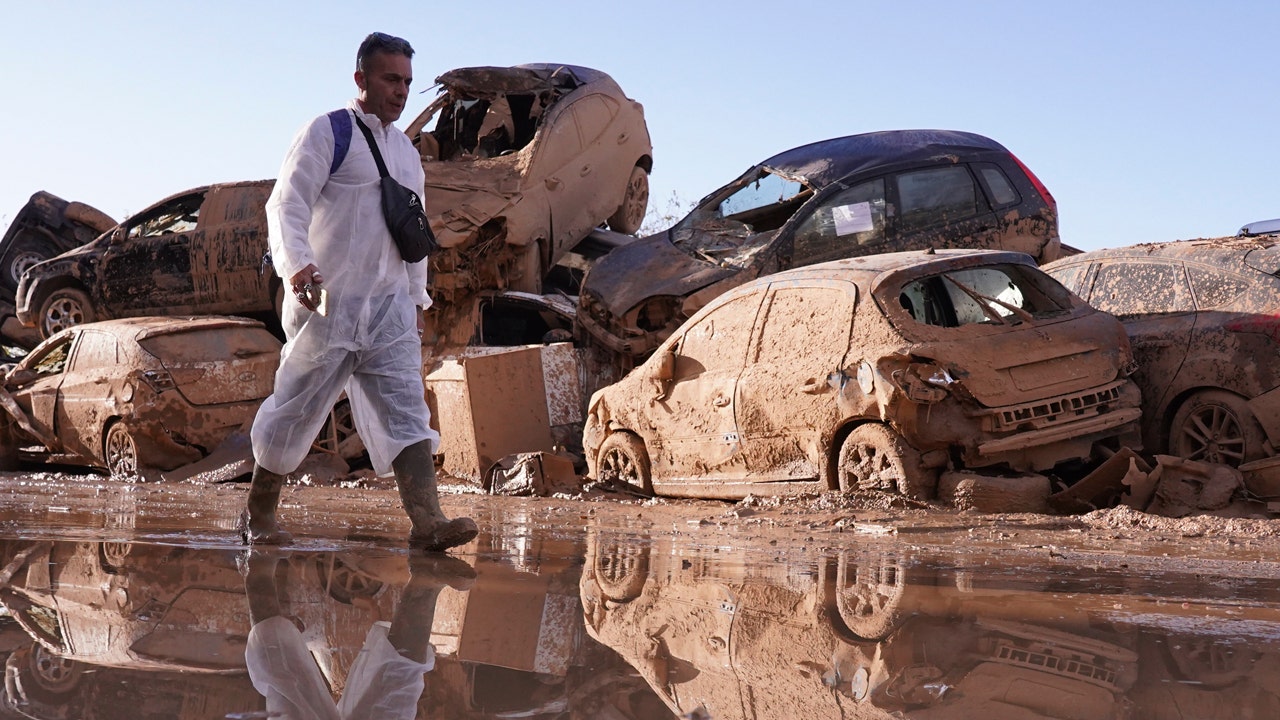
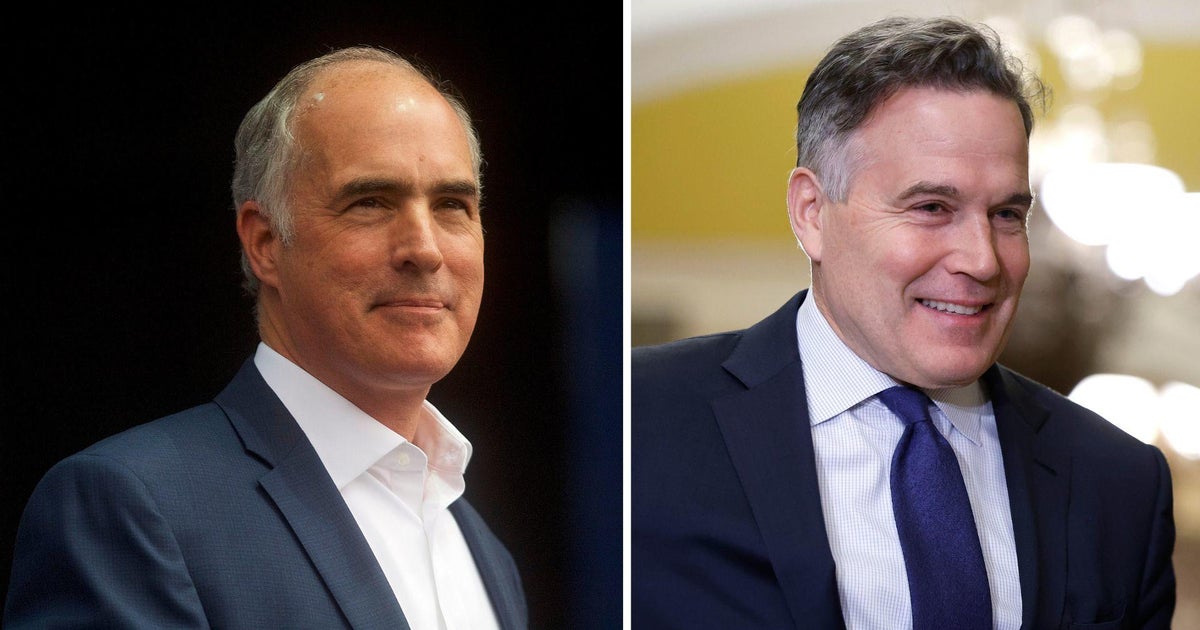


:focal(1283x386:1285x384)/origin-imgresizer.eurosport.com/2024/06/03/3981590-80807508-2560-1440.jpg)


